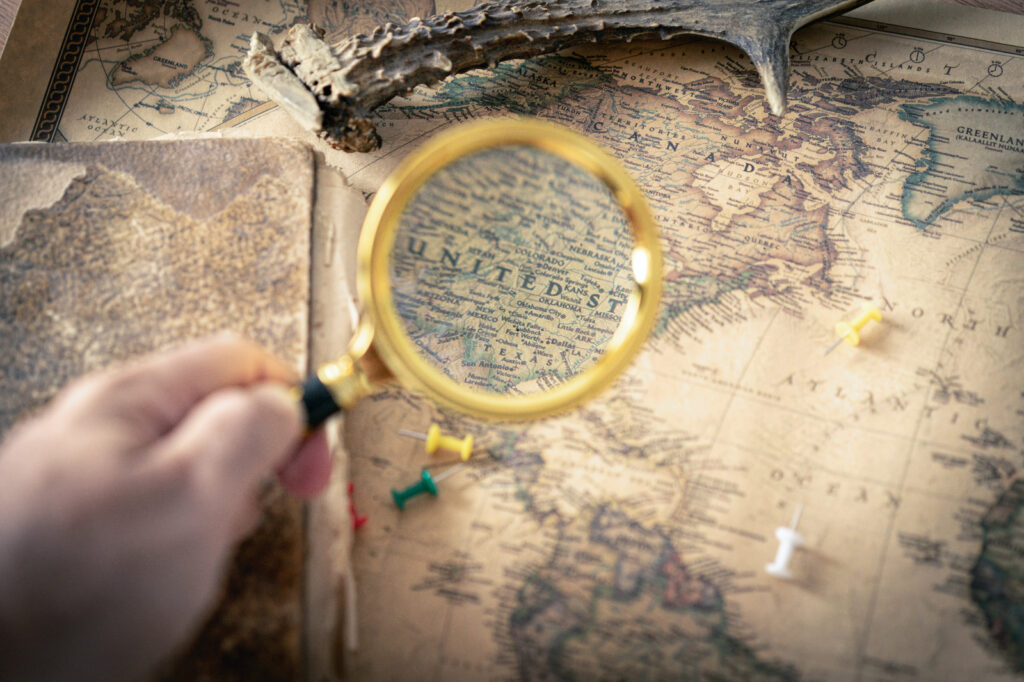Self-awareness plays a vital role in problem-solving. A person who is looking for answers can easily find answers if he is more aware of the problems and is aware of his self-behaviours when he is dealing with problems then finding solutions becomes easier in this blog post we will discuss how self-awareness helps people in different aspects while looking for answers.
What is Self-Awareness?
In other words, self-actualization is about the conscious recognition and understanding of one’s thoughts, feelings, and actions. It goes beyond mere self-knowledge, diving into the intricacies of why we react the way we do and recognizing patterns in our behavior. Imagine it as having a personal guide through the twists and turns of life, providing clarity in the face of uncertainty.
An intentional and satisfying existence is facilitated by having a thorough understanding of oneself, including the depths of emotions and the subtleties of one’s behaviors.
The Impact of Self-Awareness while Solving Problems:
Consider mental awareness as your investigator, assisting you in identifying trends in your actions. Gaining insight into your normal responses to events might help you make more informed judgments.
Another is identifying emotional triggers and responses. Knowing what makes you happy or angry can help you deal with situations more skillfully and intelligently.
Furthermore, self-awareness improves crucial reasoning. You may improve your ability to solve problems by getting a better grasp of how you make decisions by thinking back on your ideas and deeds.

How Self Awareness helps in solving problems
self-analysis plays a vital role in a person’s ability to solve problems in many ways the following points explain how self-actualization helps you identify yourself and problems through different indicators and patterns.
Recognizing Patterns in Personal Behavior:
While solving problems either for someone else or for yourself it is necessary to understand patterns within Personal behavior through self-awareness or actualization.
Self-awareness serves as a personal detective, helping us identify recurring patterns in our behavior. By understanding how we typically respond to challenges, we gain insights into our strengths and weaknesses. This awareness forms the foundation for more effective in solving problems, allowing us to leverage our strengths and address areas that may need improvement
Identifying Emotional Triggers and Reactions:
Emotions are integral to our decision-making process. self-recognition sharpens our ability to recognize emotional triggers and reactions, providing a clearer understanding of how our feelings influence our identifying approach toward problems. By acknowledging and managing these emotions, we can navigate challenges with a level head, making more rational and thoughtful decisions.
Enhancing Critical Thinking Skills through Self-Reflection:
At the heart of effective problem-solving lies critical thinking. Self-awareness acts as a catalyst for honing these skills through self-reflection. By regularly examining our thoughts, actions, and decisions, we develop a deeper understanding of our cognitive processes. This heightened self-reflection enhances our critical thinking abilities, allowing us to analyze problems from various angles and devise well-informed solutions.
Cultivating Self-Awareness for Solving Problems:
The journey of problem-solving begins with cultivating self-observation. Practices such as mindfulness meditation, journaling for reflection, and seeking feedback from trusted sources become essential tools in this cultivation process. Mindfulness meditation, in particular, sharpens our focus on the present moment, allowing us to approach problems with a clear mind.
Danial Goleman points to self-awareness as a key skill that links with other critical behaviors like motivation and social skills
Role of Self-Awareness in Informed Decision-Making:
In the realm of decision-making, self-reflection is a guiding force. It aligns our choices with our values, ensuring that our decisions are in harmony with our authentic selves. By understanding our preferences, biases, and personal motivations, we make decisions that resonate with our true intentions, fostering a sense of fulfillment and confidence in the chosen path.
Avoiding Impulsive Choices through Self-Reflection:
Impulsive decisions often stem from a lack of self-awareness. By engaging in regular self-reflection, we create a pause between stimulus and response. This pause allows us to evaluate our options thoughtfully, mitigating the risk of impulsive choices. Through self-awareness, we build a foundation for decision-making that is intentional, measured, and aligned with our overarching goals.
Building Confidence in Decision-Making Abilities:
Self-awareness is a cornerstone in building confidence in our decision-making abilities. By understanding our thought processes and learning from past decisions, we gain confidence in our problem-solving skills. This self-assurance becomes a valuable asset, empowering us to tackle challenges with resilience and poise.
Furthermore:
self-reflection in Personal Growth:
Personal development is a journey rather than a destination. On this voyage, self-awareness serves as your compass.
Perpetual education and introspection are the essence of personal development. You develop more clarity and purpose in your goal-setting and goal-achieving as you learn more about yourself.
Accepting change as a driving force for development becomes second nature. Self-awareness enables you to overcome your fear of the unknown and flourish in the face of change.
self-examination in Decision-Making
While discovering solutions to your problems the best thing that makes the greatest impact is your ability to make decisions. The right decision at the right time makes a great impact when a person is aware of what is happening he can do wonders
Picture this: you’re faced with a tough decision, and you have this internal compass guiding you. That’s the magic of self-awareness in decision-making.
It helps you make informed decisions by aligning them with your values and goals. Instead of impulsive choices, self-awareness encourages thoughtful reflection, making your decisions more intentional.
Conclusion:
In the complex puzzle of solving problems, awareness of yourself emerges as the guiding light. It equips us with the tools to recognize behavioral patterns, navigate emotional landscapes, and enhance critical thinking skills. Through mindful cultivation and the integration of self-awareness into decision-making processes, we not only solve problems but also foster a deeper connection with ourselves. So, let self-awareness be the compass that leads us toward solutions, unveiling the clarity and purpose needed to overcome life’s challenges.
To read more content like that visit Nyctophyle.com
